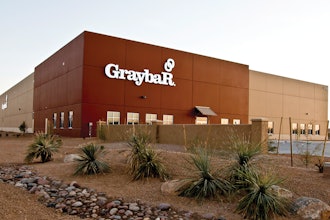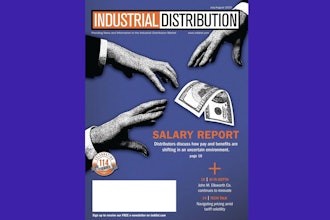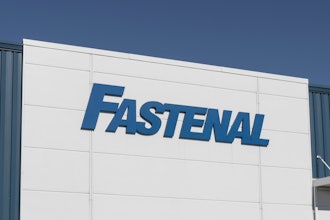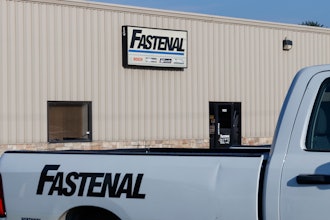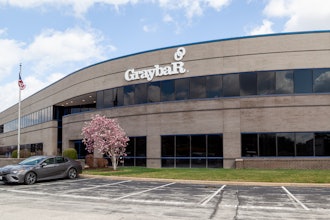
Seventy-five percent of salespeople cave in when presented with a price objection.
In a recent survey, we asked salespeople the following question: “Think of your largest revenue-producing customer. If the customer said, ‘I want a 10% discount or I will bid this out,’ would you give the customer a discount?”
Seventy-five percent of participants said that they would offer a discount when faced with the threat of a bidding scenario. This demonstrates that sellers are often willing to reduce prices under pressure. So, why wouldn’t a buyer take advantage and ask for a discount?
The number-one reason salespeople discount is because they can. Salespeople that are given pricing authority will discount. One sales organization I worked with allowed their salespeople to discount 55% before needing management approval. When I asked managers, “What’s the most common discount percentage given?” they said, “Fifty-five percent.”
Buyers will apply pressure during the sale. They will say, “I can buy this cheaper online,” or “I can buy this anywhere.” When buyers apply pressure, salespeople are more likely to concede.
Salespeople discount because they don’t know how to sell value. Salespeople cannot be expected to sell value if they haven’t been taught to do so. Our internal research suggests most sales training is product focused and not skill focused. In other words, organizations spend more time teaching salespeople what to sell, but not how to sell.
If salespeople win on price, they’re also going to lose on price. When salespeople discount, they cut pure profit from their organization’s bottom line. However, there is hope; you can compete more profitably by selling your total value. Here are some tips to help you sell more profitably.
Avoid Price-Shopping Customers
One in six customers is considered a true price shopper. For price shoppers, price is the most important – or only – factor considered when buying. These price-shopping customers complain more, return goods more often, pay later and ask for multiple concessions. This is business you want the competition to have.
Although these customers represent a small percentage of your business, they generate most of your headaches. Identify who these customers are and hold the line on price. In our seminars, we guide salespeople to develop a profile for their ideal customer to help define what constitutes good business. It’s equally important to develop a profile for the business you want to avoid. By focusing your time on ideal prospects and avoiding less desirable opportunities, you can maximize your efficiency and success.
Price shoppers also tend to be price sellers. If your customer relies on price to sell their solution, they’re more likely to focus on price when they buy. Avoid customers that have positioned themselves as the low cost providers. Consider focusing on organizations with a reputation for quality and performance, rather than simply being the lowest bidder.
Change the Conversation
If you don’t want to talk price, then change the conversation to cost. Buyers are naturally curious about price and often want to know the acquisition cost of your products or services. However, if you quote a price before showing value, it’s always too high. Rather than discussing price, talk cost. Try using this statement to make the transition:
Mr. Buyer, I understand that price is one of many factors you will use when making a buying a decision. Also, you’re asking about price because you’re looking to save cost, correct? Let me share all the ways partnering with us will help you save on total cost.
By changing the conversation, the customer focuses on all the ways you help them save on cost. Customers want a cheaper price to save cost. If you can show them a better way to save cost, you are selling value.
Stop Discounting
When Caesar invaded Rome, there was only one way they could enter the city — by crossing the Rubicon River. That also meant there was only one way to retreat — by crossing back over the Rubicon. Before the battle, Caesar made a bold, but shrewd, decision. Once every soldier crossed the bridge, he burned it. Retreat was no longer an option; imagine how much harder his soldiers fought.
If salespeople didn’t have the option to discount, imagine how much harder they would fight to sell value.
Salespeople should not have discounting authority. Pricing is strategic and should be dictated by management or leadership. Taking away a salesperson’s ability to discount forces them to sell value.
Selling value is about doing what’s right and avoiding what’s wrong. Avoid true price shoppers by focusing on the ideal prospects. Avoid talking price before you show value. Better yet, change the conversation from price to total cost. Finally, stop discounting. Just like Caesar removed the option to retreat, remove the option to discount. How much harder would you fight to sell value if discounting wasn’t an option?
Paul Reilly, is a speaker, sales trainer, author of Selling Through Tough Times (McGraw-Hill, 2021), and coauthor of Value-Added Selling, fourth edition (McGraw-Hill, 2018). For additional information on Paul’s keynote presentations and seminars, call 636-778-0175 or email [email protected]. Visit TomReillyTraining.com and sign up for the free newsletter.











